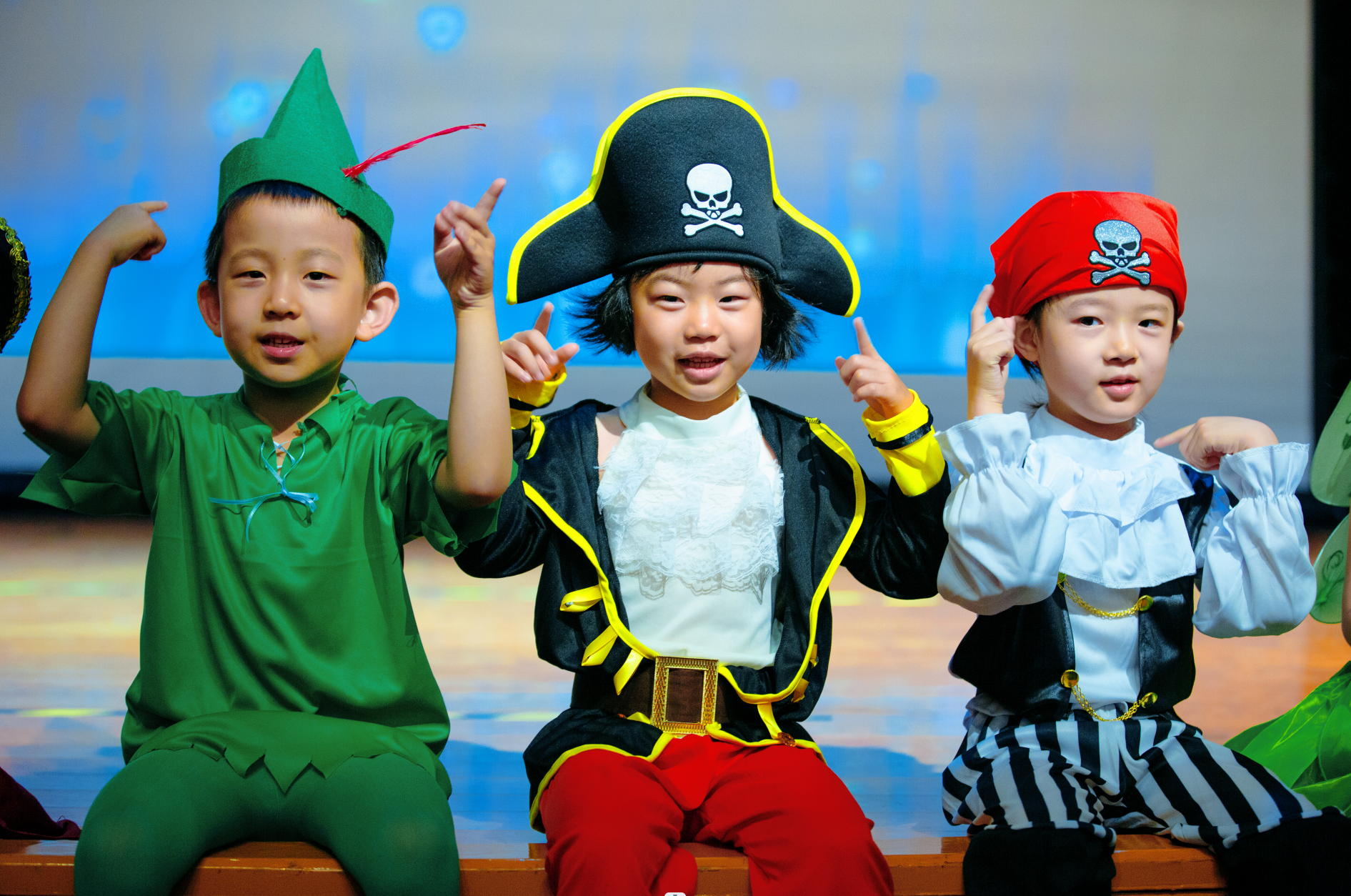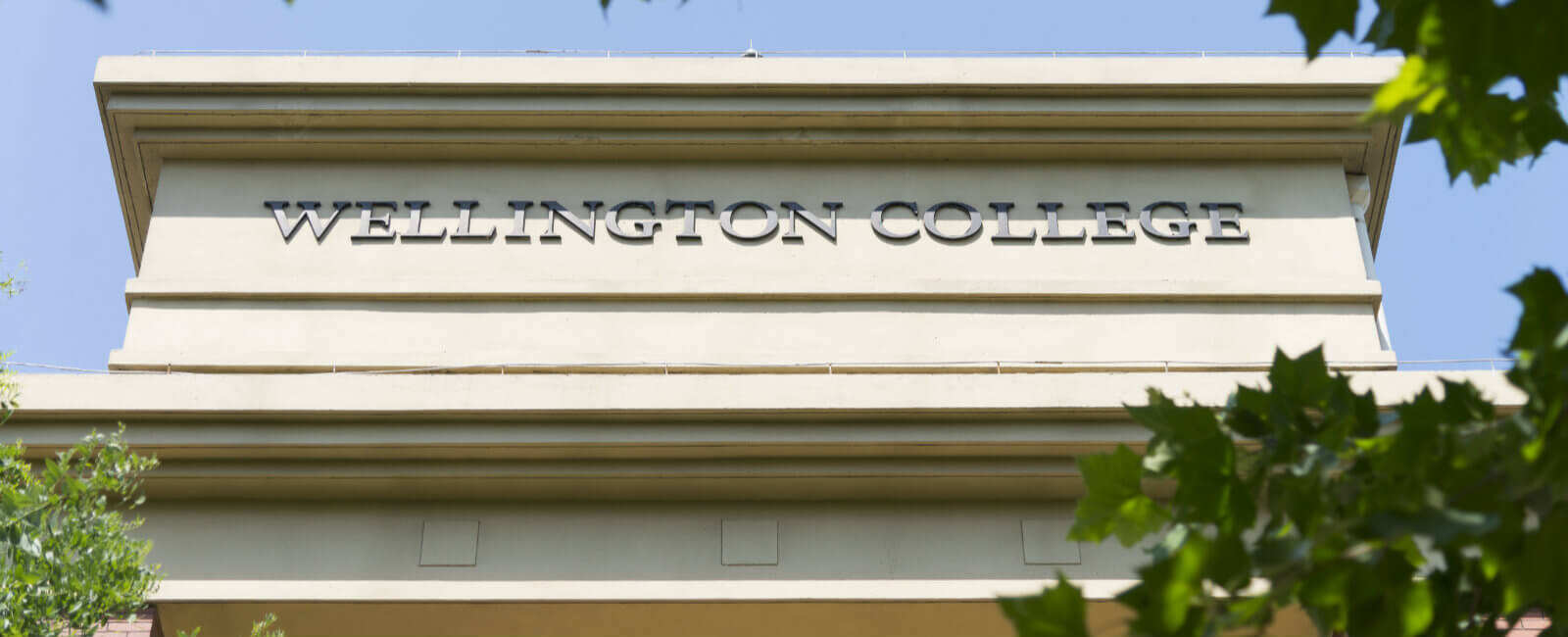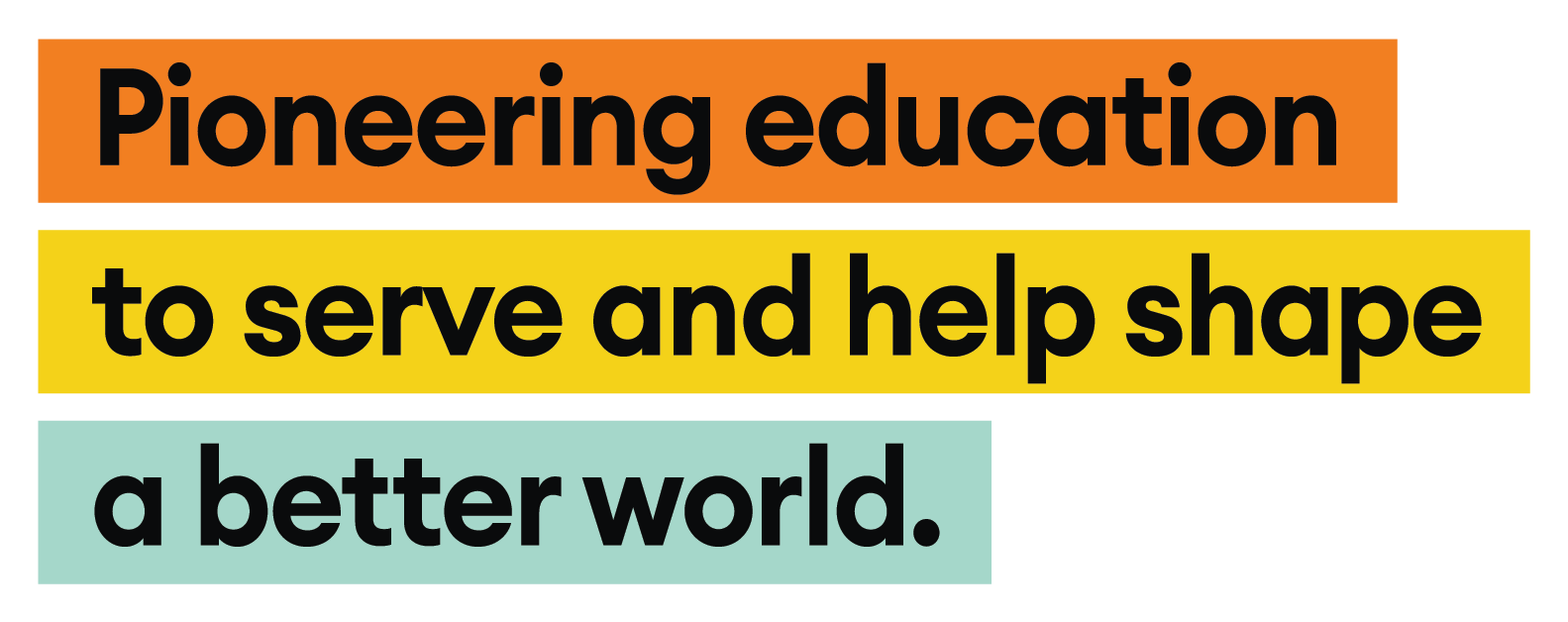The Week Ahead 11th September 2020
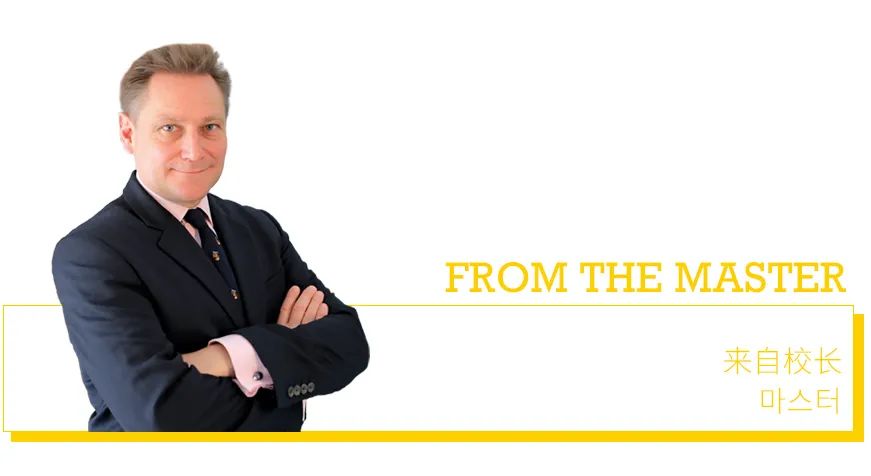
Dear parents
I am so pleased to see the school settle into a familiar routine so quickly this term. Children of all ages are back in their classrooms and working hard, and as of this week, we have relaunched the full range of our after-school activities (ASA). One of the most frustrating aspects of the impact of the coronavirus were the restrictions imposed on our sport and ASA programmes. Initially, social distancing requirements meant that most of our PE and sports programme was revised to accommodate pupils and staff safely, but it did mean that pupils could not enjoy some of their favourite activities such as swimming, football and basketball. Competitive fixtures with our friends in the other ISCOT schools inevitably came to a sudden halt. The nature of our ASA programme, encouraging pupils to work with peers from other year groups meant that it too was suspended as a result of our cautious reopening plans in the summer term.
A school like Wellington, with its strong emphasis on educating the whole child, holds it extra-curricular programmes very dear. The capacity within a school day to set aside time for activities which offer genuine enrichment to the lives of the pupils is a central tenet of our educational philosophy. Engaging in sporting, cultural and academic extra-curricular activities helps children to learn new skills as well as work with pupils from other year classes and year groups. The ASA programme deliberately sets out to give pupils access to a wide range of meaningful courses, broadening their experience and providing the chance to find inspiration in something new. Pupils from the Nest onwards have the chance to try music, dance, art, reading, robotics, debating, presentation skills, charitable projects, as well as a full range of sports and extra-academic classes.
The importance of offering such a range of ASA was brought home to me in the past few days. I have been lucky enough to work with some of the year 13 pupils applying for the world's elite universities. We have 12 pupils in the process of applying to Oxbridge and Ivy League schools this year, and each one of them faces fierce rivalry for places at these elite institutions. The global pandemic, as well as the examination debacles in the UK which impacted IB and A level grades, and the disruption to TOEFL, IELTS and SAT preparation across the world, have meant that competition for university places is even tougher than in previous years as more students have the grades required to gain admission or have chosen to defer entry to a (hopefully) post-COVID world in 2021. The result is that many institutions have limited places available for 2021 as many have been allocated to pupils deferring entry from this year. Our most able pupils will need to stand out from this crowded field of applicants if they are to reach their dream destinations. One way they can do this effectively is to reflect in their personal statements on the breadth of their wider experience that programmes such as the ASA have had on their development as thoughtful, insightful young people. The key to writing a good personal statement is to show how an applicant's wider educational exposure makes them a more attractive prospect for undergraduate admission: it is not simply a chance to show off the sheer number of activities. Universities want bright, articulate young people, capable of both growing as learners as well as demonstrating the ability to write fluently about the way an ASA or sport has changed their lives. It comes as no surprise to me to find that those pupils with a life rich in meaningful wider learning are the ones most likely to attract the best universities.
I used the word enrichment earlier quite deliberately. The programme of extra-curricular learning is an integral part of a holistic education. Pupils who embrace the chance to explore new things or hone their skills are genuinely enriching both their current schooling but also their long-term prospects for a fulfilled life at university and beyond.
If you would like to find out more about the range of ASA, as well as the courses available in our Saturday Activity Programme (SAP), please contact the coordinator of these programmes: Mr Eelco van Kuilenburg
(activityprogram.tianjin@wellingtoncollege.cn).
Best wishes
Julian Jeffrey
MASTER

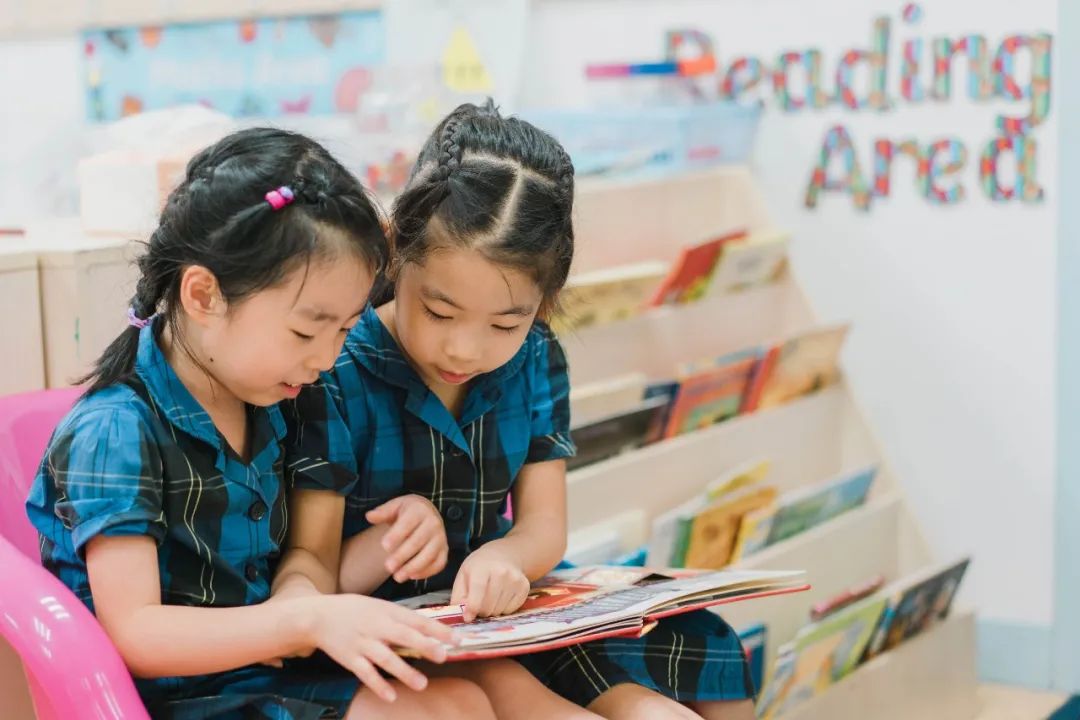

NEST BRIEFING: BILINGUAL EDUCATION AND LANGUAGE DEVELOPMENT
Online Meeting
0900hrs-1000hrs, Wednesday
16th September
Bilingual education is at the heart of our teaching and learning strategies in the Nest.
Our WCC Director of Academics for Early Years, Fiona Carter, will share the ways in which we support bilingualism in young children as well as explaining how they develop language at an early age. We will also talk about the ways in which you can help at home.
The session will be live so that you can send in any questions or comments which can be discussed at the same time. Sessions will be recorded, and a link to the meeting will be shared.

UPCOMING EVENTS
Monday 14 September 2020
All Day
Week 4 (B)
All Day
Roald Dahl Day (MM) (Library)
Wednesday 16 September 2020
9:00AM - 10:15AM
Nest Briefing: Bilingual education and language development (FC) (Teams)
Friday 18 September 2020
5:00PM
Nest baseline reports published (JB)
Saturday 19 September 2020
9:00AM
Saturday Activity Programme (SAP) (EvK) (Campus)
Related Articles

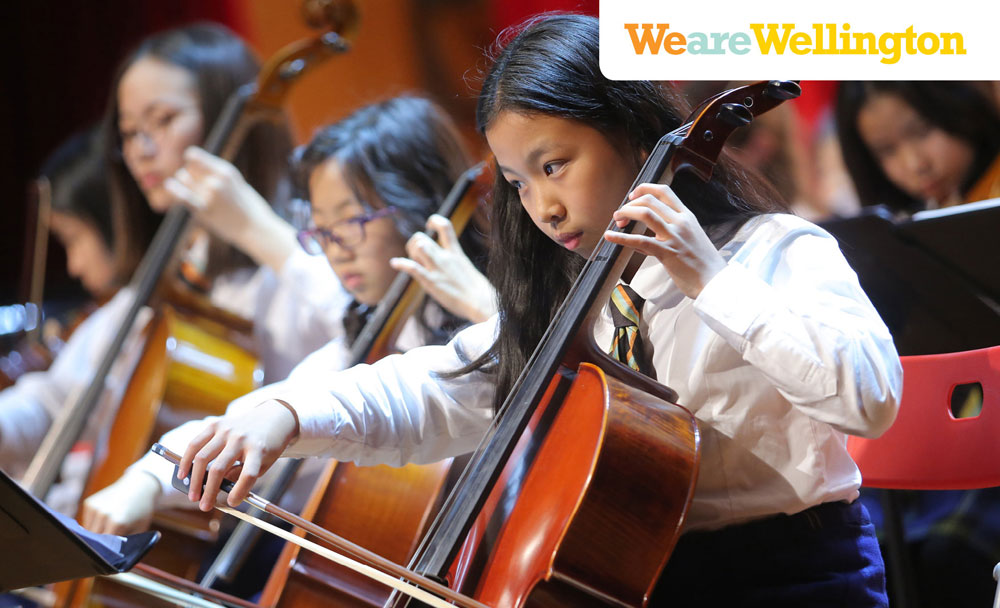
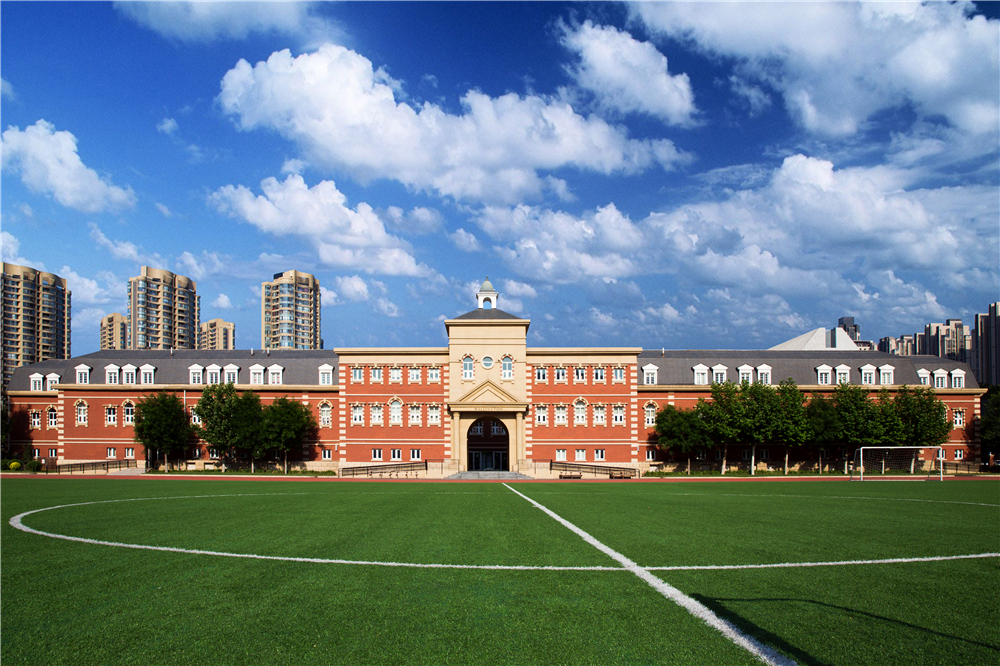





 Channel
Channel 
 Linkedin
Linkedin  Weibo
Weibo  Facebook
Facebook  Ins
Ins 

